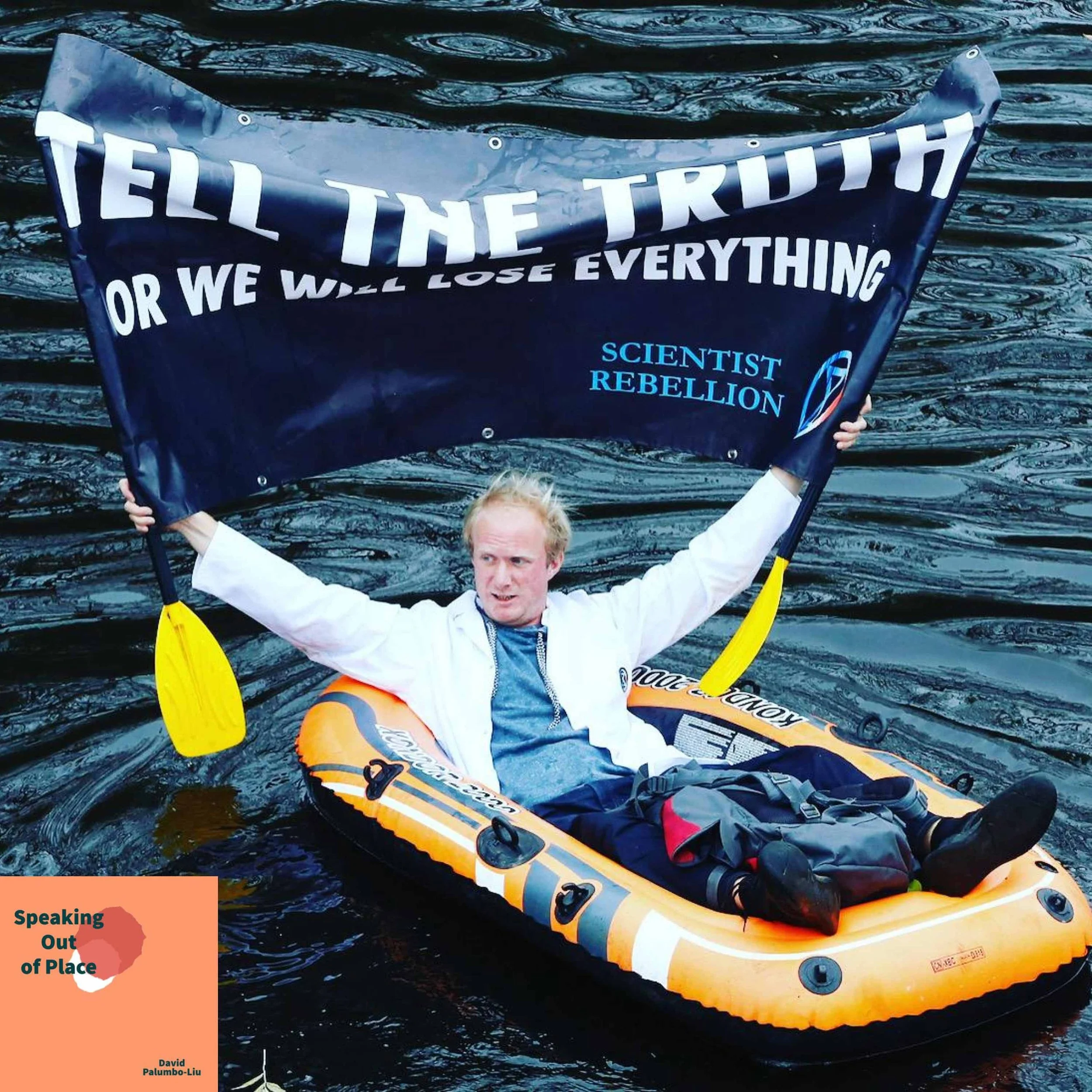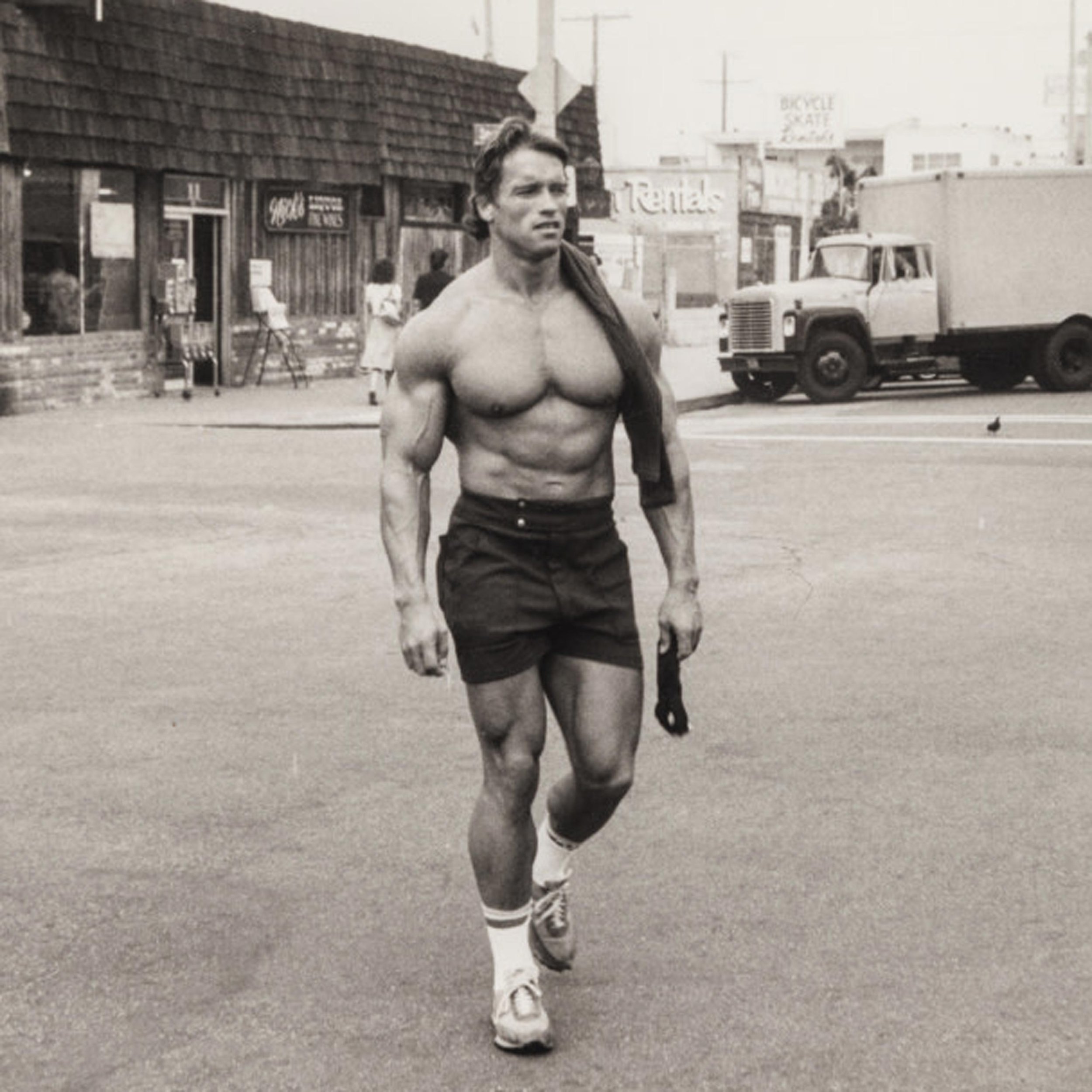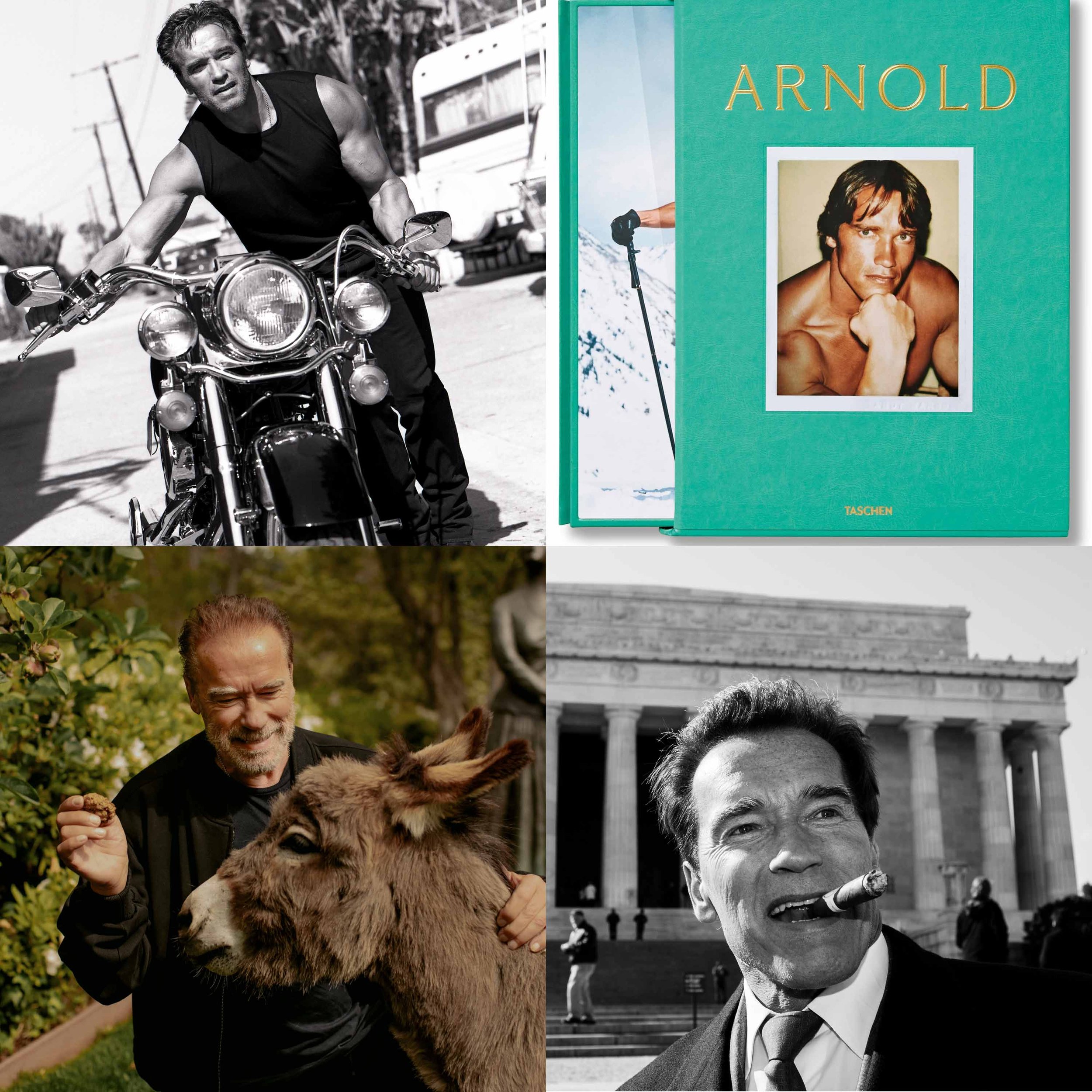Speaking Out of Place: TIM HEWLETT - Co-founder of Scientist Rebellion, Activist, Astrophysicist
/Co-founder of Scientist Rebellion · Climate Activist · Astrophysicist
I think the more pernicious aspect is the way that science as a set of institutions fits into a paradigm that is doomed from the outset. For instance, if you look at the framing of the science within the IPCC reports and how that informs the construction of policy related to the climate around the globe, well, it's foundationally dishonest. If you frame an entire report around the need to keep temperatures below 1.5 degrees or 2 degrees, and all of the efforts that societies are going to make to do that, and you omit from the public discussion the fact that we have no chance whatsoever of achieving those goals.



















